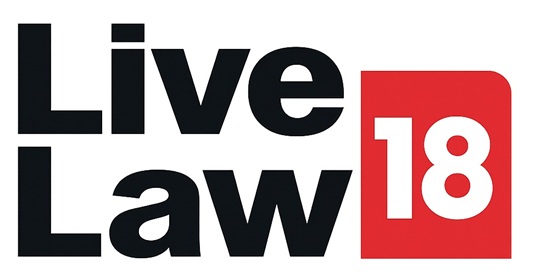Facts of the Case:
The Green family, owners of Hobby Lobby Stores, Inc.—a national arts and crafts retail chain with over 500 stores and more than 13,000 employees—runs their business based on Christian principles, including the belief that contraception is immoral. According to the ACA, employment-based health plans must cover certain preventive care, including FDA-approved contraceptive methods. However, while there are exemptions for religious employers and non-profit religious institutions, for-profit companies like Hobby Lobby are not exempt.
On September 12, 2012, the Greens, representing Hobby Lobby Stores, Inc., sued Kathleen Sebelius, Secretary of the Department of Health and Human Services, challenging this contraception requirement. They argued that requiring their health plan to cover contraception violated both the Free Exercise Clause of the First Amendment and the Religious Freedom Restoration Act (RFRA) of 1993. The plaintiffs sought a preliminary injunction to avoid tax penalties, which the district court denied, and a two-judge panel of the U.S. Court of Appeals for the Tenth Circuit upheld. The Supreme Court also denied relief, but the plaintiffs then requested an en banc hearing of the Court of Appeals. The en banc panel reversed the earlier decision, ruling that corporations are “persons” for RFRA purposes and are protected by the Free Exercise Clause of the First Amendment.
Question:
Does the Religious Freedom Restoration Act of 1993 permit a for-profit company to deny its employees health coverage for contraception, which the employees are otherwise entitled to, based on the religious objections of the company’s owners?
Judgement:
The Supreme Court ruled in favor of Hobby Lobby, with Justice Samuel A. Alito, Jr. delivering the opinion for the 5-4 majority. The Court concluded that Congress intended the Religious Freedom Restoration Act (RFRA) to apply to corporations, as they are made up of individuals who pursue specific goals through them. The contraception mandate, which compels religious corporations to cover what they consider to be abortion, violates their religious principles and imposes substantial fines if not followed. This requirement is not the least restrictive means of achieving the government’s interests since a less restrictive option already exists in the form of exemptions for non-profit religious organizations, which should also apply to for-profit corporations like Hobby Lobby. The ruling is specifically limited to the contraceptive mandate and does not apply to all potential religious objections to the Affordable Care Act.
Justice Anthony M. Kennedy, in his concurrence, highlighted that the government failed to demonstrate a significant difference between non-profit religious organizations and for-profit religious corporations under RFRA. By accommodating the former and imposing a stricter requirement on the latter without proper justification, the contraceptive mandate violates RFRA.
Justice Ruth Bader Ginsburg wrote a dissent, arguing that the majority’s decision contradicted the Court’s ruling in Employment Division, Department of Human Resources of Oregon v. Smith, which held that incidental infringements on religious freedom resulting from valid statutes do not violate the First Amendment. She emphasized that religious beliefs should not infringe upon the rights of third parties, as the exemption sought would do to women seeking contraception. She also contended that the majority misinterpreted RFRA as having broad legislative consequences. For-profit corporations, she argued, cannot be considered religious entities, and the burden claimed by the respondents is not substantial, as the government has demonstrated a compelling interest. Justices Sonia Sotomayor, Stephen G. Breyer, and Elena Kagan joined Ginsburg in her dissent. In a separate dissent, Justices Breyer and Kagan stated that the Court did not need to determine whether for-profit corporations or their owners could sue under RFRA.

